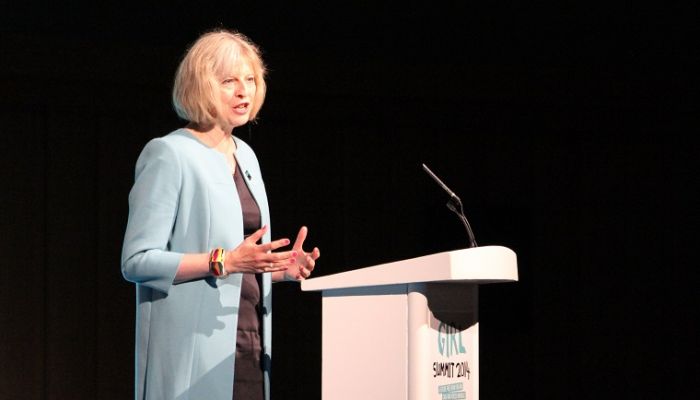Daily Mail journalism: good enough for government, not good enough for Wikipedia
Political Communications experts have hailed the appointment of The Daily Mail’s political editor James Slack as Theresa May’s official spokesperson as “a super smart move”.
According to PR Week, a Westminster source said: “He’s come in at Theresa’s request. [Daily Mail editor] Dacre really likes James, thinks he’s shit hot, Theresa really likes James. You see they’ve got a common interest; they’re not going to kick up much of a fuss about it. It shows the alignment between The Mail and Downing Street right now.
“James will be a much more high-profile role than a normal PMS. Technically he’ll be a civil servant but he’s going to have parity, pretty much, with Katie [Perrior, Downing Street director of communications].”
Meanwhile, political communications heavyweight, Will Walden, Public Affairs MD at Edelman and former comms director under Boris Johnston said: “Slack’s appointment is a super-smart move by Number 10. He’s a good operator, he’s trusted by the lobby, and he’s no-nonsense. Inevitably his ex-colleagues will now expect more of an insight than they’ve been getting.
“If they’re wise, Number 10 will give him what he needs – unfettered access to the decision-making and greater autonomy in his dealings with the press.”
But while the Government is putting a lot of faith in the man from The Daily Mail, his newspaper is facing embarrassing claims that its journalism is not trustworthy.
Wikipedia, has reportedly banned editors from using Daily Mail articles as sources on the online encyclopaedia.
Katherine Maher, executive director of the Wikimedia Foundation, told journalists: “We are always looking for what characterises reliability, and the various characteristics of reliability, and what the [discussion about using the Mail] really focuses on is issues of fact-checking prior to publication and the issuing of corrections when articles are wrong.”
“It’s my understanding that in this instance they were looking at how well the Daily Mail adheres to those standards of reliability. I presume that should circumstances change, Wikimedians would be very open to reconsidering the usage of the Daily Mail as a source they can use as widely as in the past. There’s nothing to stop it being used again.”
In an age when trust in journalism and government is increasingly placed under the spotlight, has the government made a mistake by putting so much faith in The Daily Mail or will its “populist” approach gloss over any embellishments in the newspaper’s relationship with the truth?






Leave a Comment